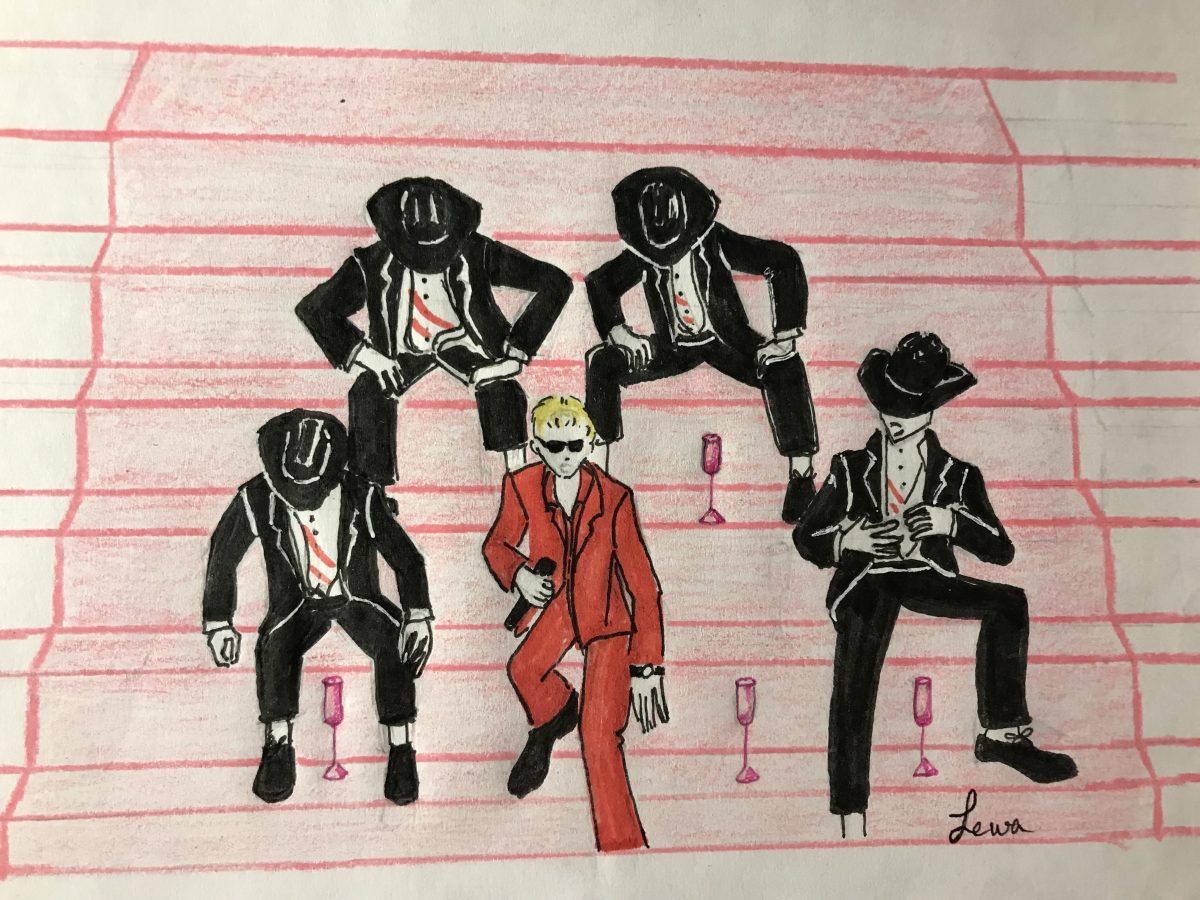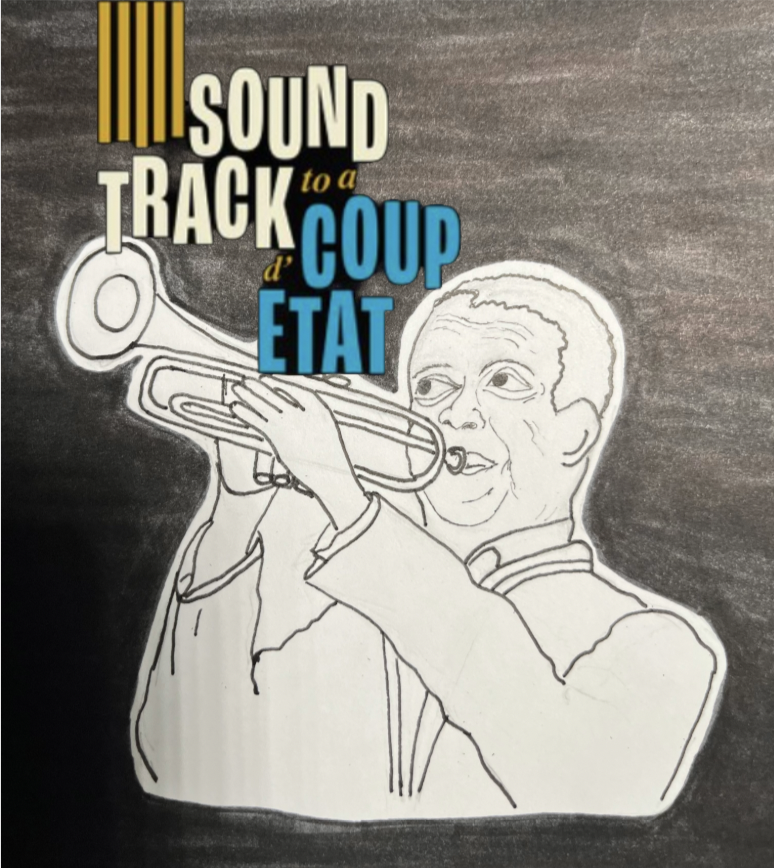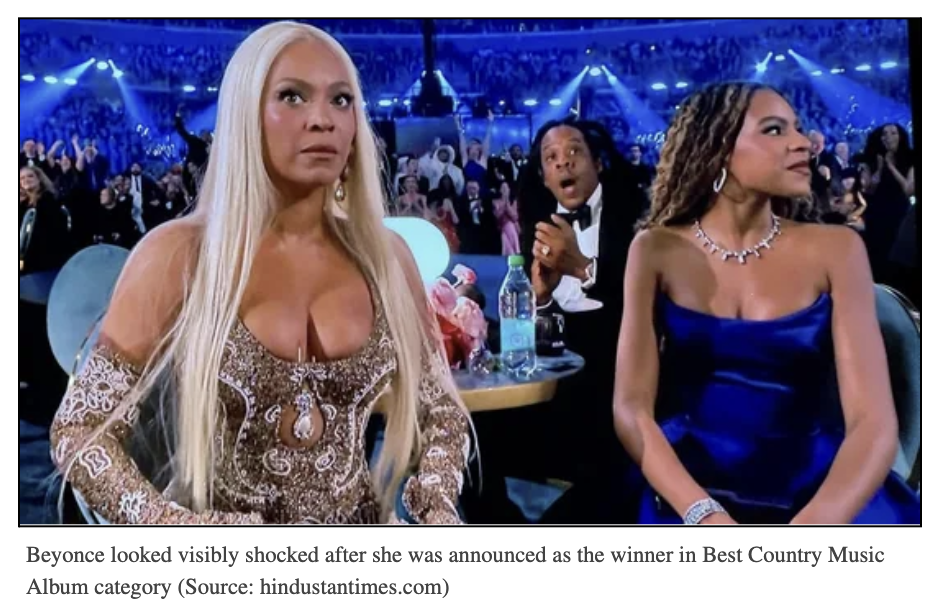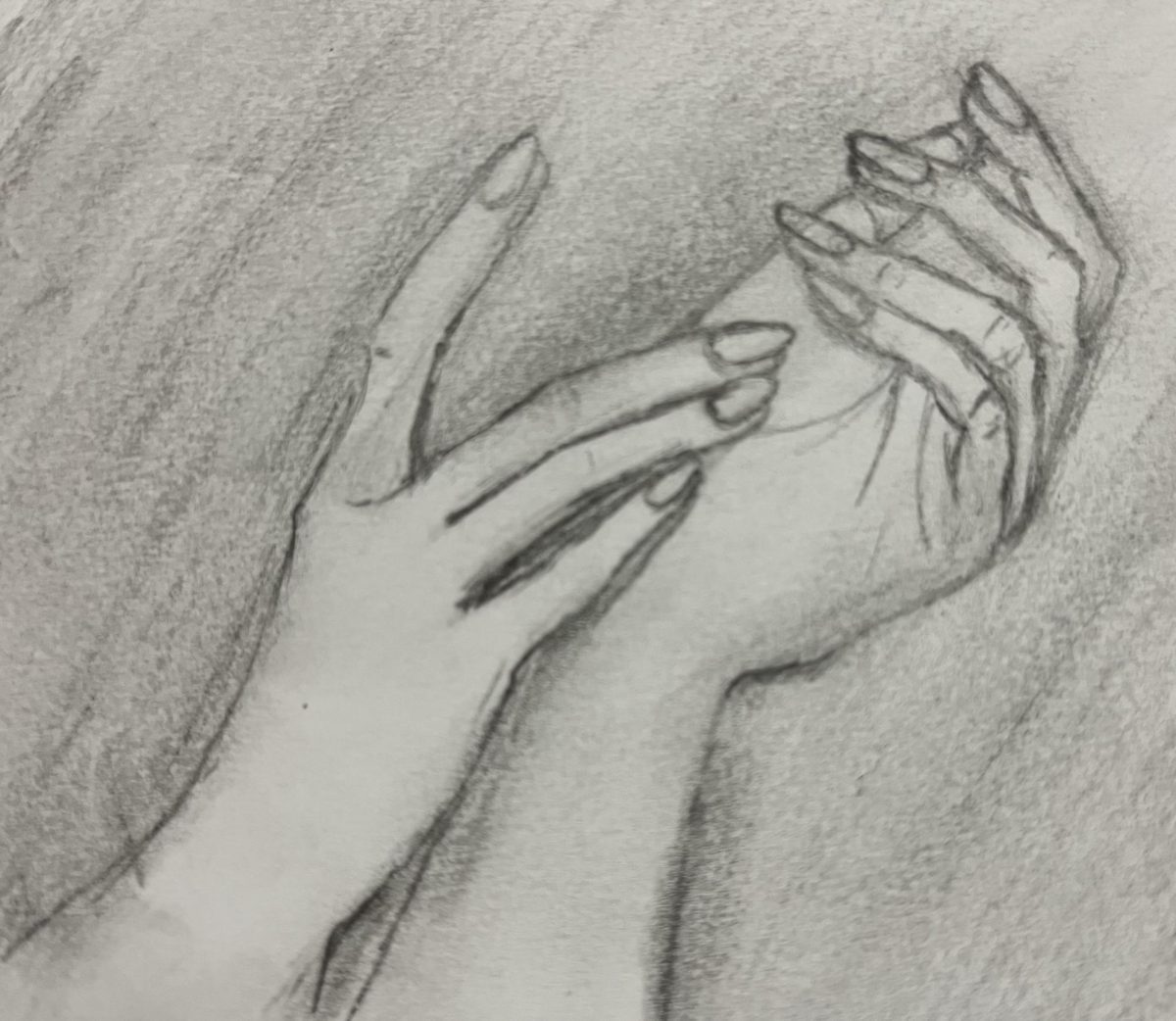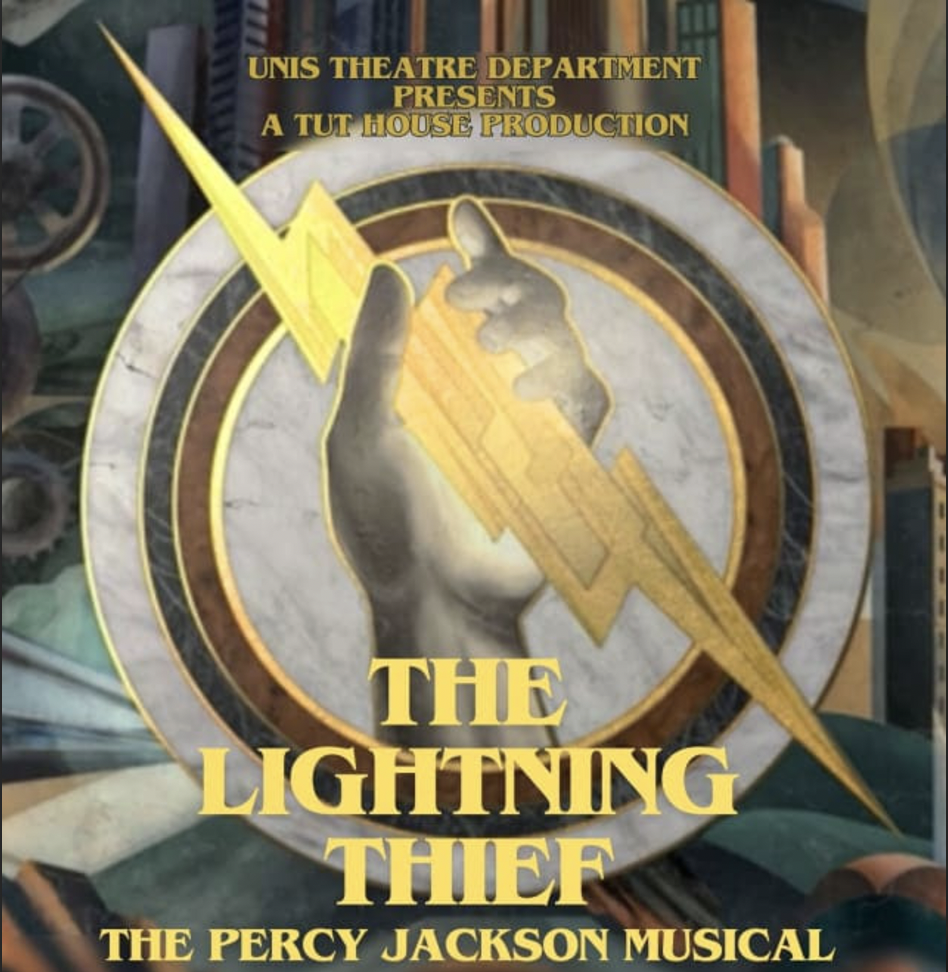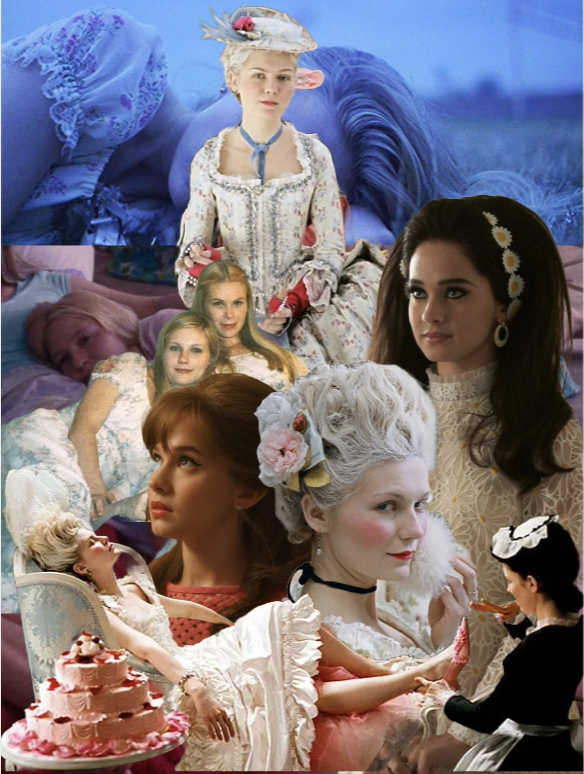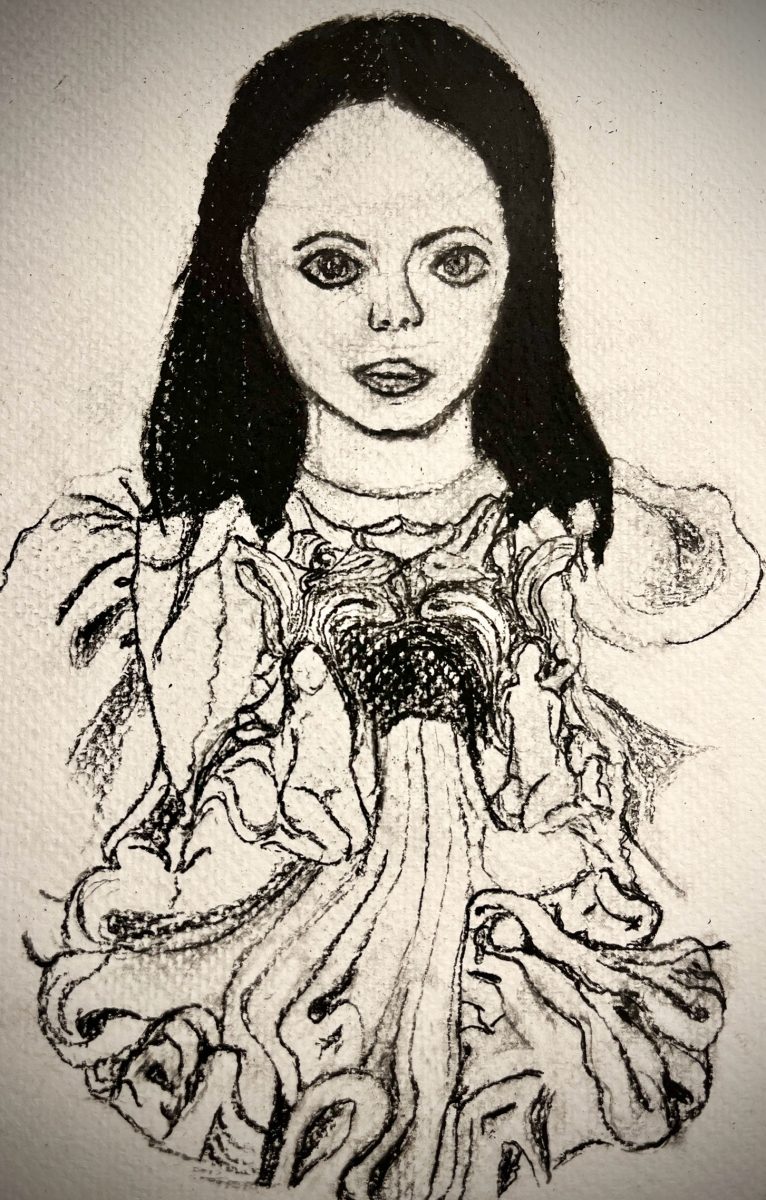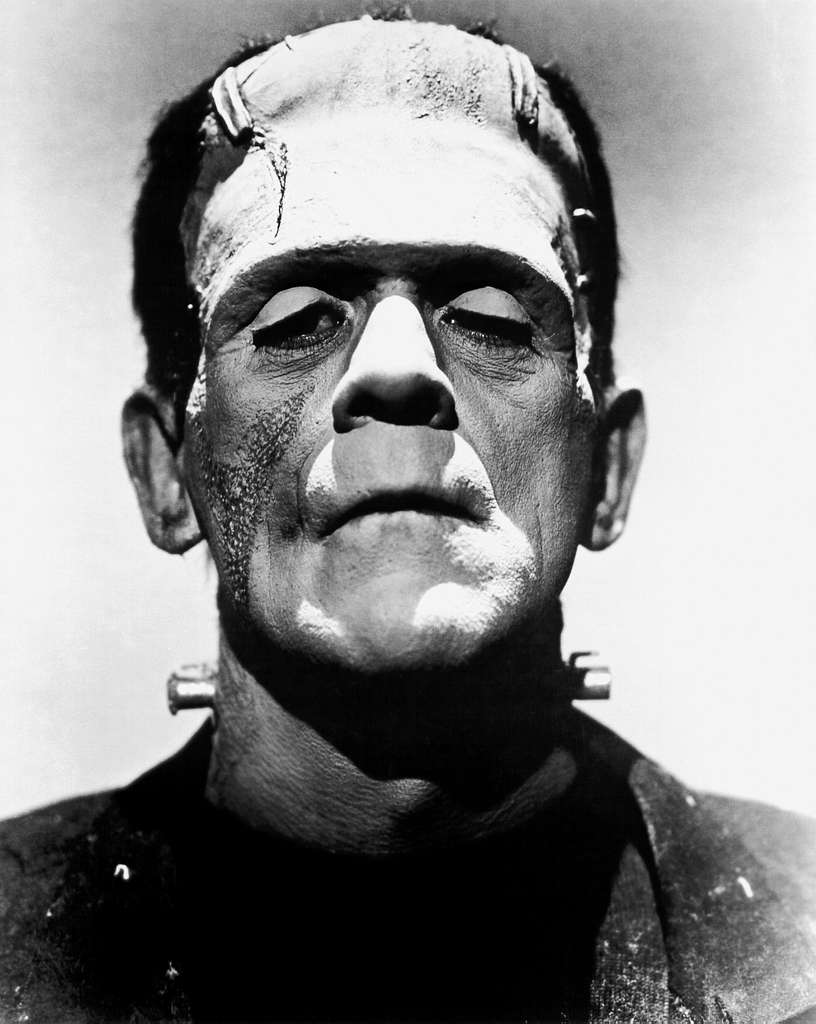Does Jonathan Glazer have something against the Jewish people? Did Stone deserve to win over Gladstone? What was said? Who wore what? Most importantly: Should the Oscars acceptance speeches serve as platforms for impassioned polemic proclamations? The 2024 Oscars consisted of a melting pot full of fashion, controversy, and socio-political scandal. Luckily for you, I’m here to answer all of your burning questions.
Of course, with Oppenheimer winning seven out of its thirteen nominations and Ryan Gosling performing “I’m Just Ken” Madonna-style, many have overlooked just how many prominent celebrities used this event as an activist stage, not a theatrical one, to profess their political calls to action.
Unsurprisingly, one major motif of the night was the ongoing conflict in Gaza. Protesters yelling “shame!” at Oscar-goers and calling for a ceasefire near the Academy Awards were held back by armed police, which delayed traffic and caused many attendees to arrive late. The juxtaposition of the glitzy stars and the angry protesters was jarring. Two distinct groups somehow formed: one that represented violent inhumanity, and another that displayed glamor and prestige. However, the calls of the crowds did not go unanswered, with Billie Eilish (winner of best original song” for “What Was I Made For?”), Mark Ruffalo, Ramy Youssef, Ava DuVernay, and others wearing special pins urging an end to the violence. The question is, was this stylistic choice substantive, or simply a performative way to be political?

Garnering both considerable acclaim and serious backlash, Jonathan Glazer’s acceptance speech condemned the current effects of the dehumanization of people by comparing the Holocaust to the conflict in Gaza. His German-language movie, The Zone of Interest, which depicted the atrocities of the Jewish genocide during WWII won the Oscar for Best Sound and Best International Film. Glazer said, “right now, we stand here as men who refute their Jewishness and the Holocaust being hijacked by an occupation, which has led to conflict for so many innocent people.” While many Twitter sharks misinterpreted his somewhat maladroit syntax, he wasn’t rejecting his “Jewishness,” but explaining how this aspect of his identity was being exploited for war, in the past and the present.
Other filmmakers used their time to address pressing political matters as well. Winning the Oscar for Best Documentary Feature, Mstyslav Chernov’s film 20 Days in Mariupol was the first Ukrainian film to win this Academy Award. In his speech, Chernov poignantly stated that he wished he’d never made this film, which outlined the crimes committed by Russia at the start of the war. Last year, the winner of the Oscar for Best Documentary Feature was Navalny, the biography of a Russian opposition leader, who just recently passed away while imprisoned by the Russian government. Like Chernov, his wife used the Oscar stage to announce to the world that her husband had been jailed “just for defending democracy.”
A final point of controversy blossomed from the long-awaited and dramatic announcement of Best Actress. The race had been head to head between Emma Stone, for her role as Bella Baxter of Poor Things, and Lily Gladstone, who played Mollie Burkhart in Killers of the Flower Moon. Finally, it was Stone, her red hair cascading down her back, dressed in pale blue Louis Vuitton, who clasped her hands around the golden trophy. While I will always be her steadfast admirer, many were disappointed in her success, seeing as Gladstone could have been the first Native American performer to ever win an acting Oscar, hence making history. Nevertheless, I am certain Stone deserved it, and I will prove it to you as soon as I get around to reviewing (and watching) Poor Things.

If there is one thing that should be commended, it is just how diverse the Oscars have worked to become. With the addition of hundreds of international voters, two Japanese films won best animated feature and best visual effects; a British movie made in Poland and told in German won awards for best international film and best sound; and a French film took the prize for best original screenplay. To top it all off, at least 70% of the attendees looked put together (in the humble opinion of Yours Truly)!



